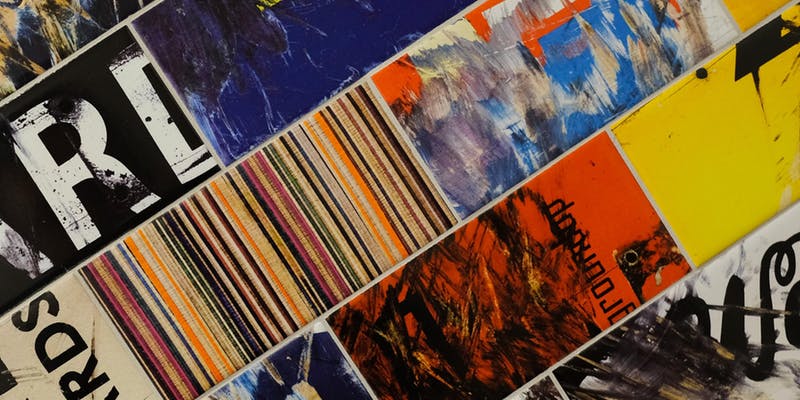Decolonising Digital Research in the Humanities, Arts and Social Sciences

The Lab
Level 2 of the Digital Studio
West Wing of Arts West
(access via the rear lift)
More Information
Decolonisation is an active topic of discussion across a number of fields, including in the digital humanities. In this one day workshop we will explore some of the complexities and challenges of decolonising digital research in the Humanities, Arts, and Social Sciences (HASS).
The workshop will include keynotes, panel discussions, lightning talks on current and recent projects and initiatives, and group conversations focused on the following questions:
- What does decolonisation look like, and what does it mean to decolonise digital research practice?
- What are the practical, ethical, and methodological implications of attempting to decolonise HASS research, and digital HASS research in particular?
- Where are we now with regard to decolonising digital research, and what does (or should) the future look like?
- What are some of the barriers to decolonisation?
- Is it possible to dismantle the master’s house using digital tools?
Over the course of the day, we will co-develop a resource outlining key findings from the sessions, exemplar projects, and a short series of strategic goals to help facilitate the continual process of decolonising digital research. This document will be provided to all participants, and will provide a point-in-time summary as a reference for future events exploring similar themes.
Hosted by the Australasian Association for the Digital Humanities (aaDH) and the Humanities, Arts, and Social Sciences Data Enhanced Virtual Laboratory (HASS DEVL), with support from Rediscovering the Deep Human Past (Australian National University), and the Faculty of Arts Digital Studio at the University of Melbourne. The HASS DEVL is an ARDC-funded national project.
We, the organisers, acknowledge that this event will take place on the lands of the Wurundjeri people who have been custodians of this land for thousands of years. We acknowledge and pay our respects to their Elders past and present.
Image: John Jennings on Unsplash